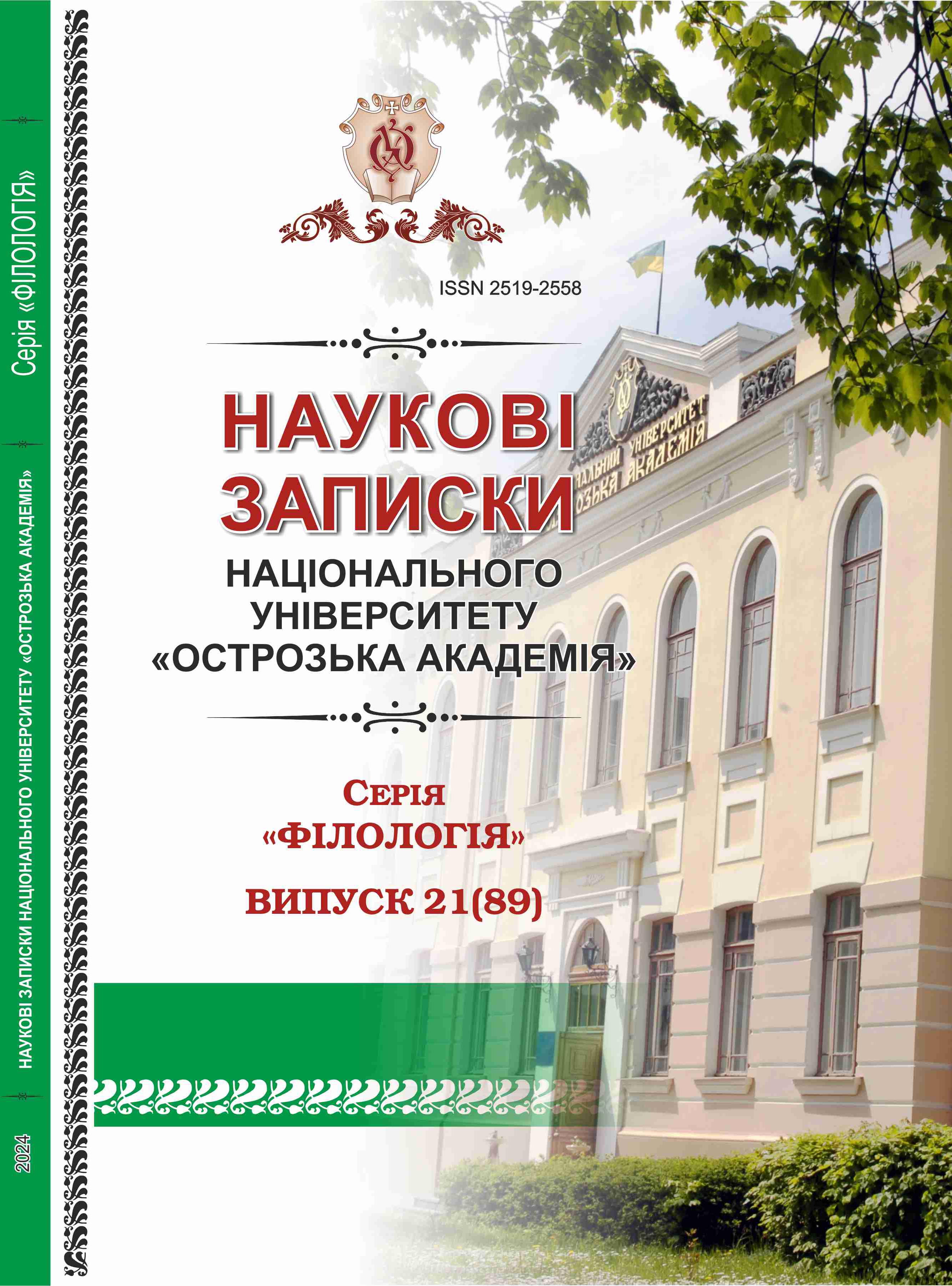NATIONAL IDENTITY OF THE INHABITANTS OF GREAT BRITAIN AND NORTHERN IRELAND AT THE CURRENT STAGE OF SOCIETY DEVELOPMENT
Keywords:
national identity, identification, national culture, linguistic and cultural studies, residents of Great Britain and Northern IrelandAbstract
The article examines the problem of national identity, which is key to the fate of modern states. If it takes the form of exclusive and intolerant ethno-nationalism, it can lead to acts of persecution and aggression. However, national identity can also be built around liberal and democratic political values and shared experiences of different communities. Contrary to arguments that the concepts of national identity and state sovereignty are obsolete, such an inclusive sense of national identity remains critical to sustaining a successful modern political order. It has been proven that national identity not only increases physical security, but also inspires effective governance; promotes economic development; strengthens the trust of citizens; creates support for strong social safety nets; and ultimately makes liberal democracy itself possible. In view of the above, firstly, there are still differences among the people of Great Britain on the basis of nationality and which nation they identify themselves with, so that in general they have a dual national identity. Understanding what British society is like and what contradictions exist, what constitutes national identity and how these components are characterized is very important to a fuller understanding of the context in which the language was produced and maintained over the centuries. Secondly, Scotland is more isolated than Wales and has its own traditions and history. Thirdly, the majority, of course, consider English to be their mother tongue, but for some residents Welsh is their mother tongue. It has been proven that national identity not only increases physical security, but also inspires effective governance; promotes economic development; strengthens the trust of citizens; creates support for strong social safety nets; and ultimately makes liberal democracy itself possible. National identity plays an important role in motivating civic engagement behaviors that benefit other members of the national community. Approaches to defining the concept of national identity are analyzed. The characteristics of the population of Great Britain and Northern Ireland in the context of the 21st century are highlighted. The article examines family relations and analyzes statistical data, religious and political components. The existence and activation of a national identity can enable political leaders to mobilize large populations to comply with emergency public health measures.

